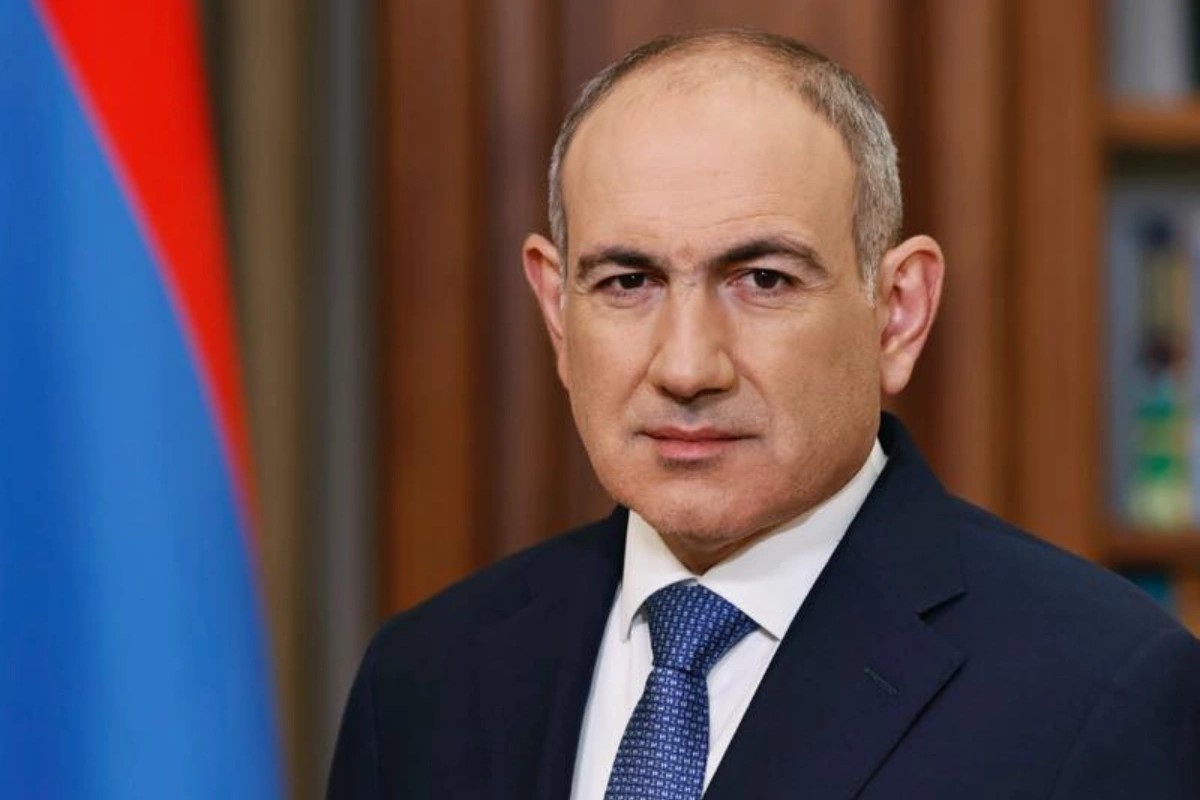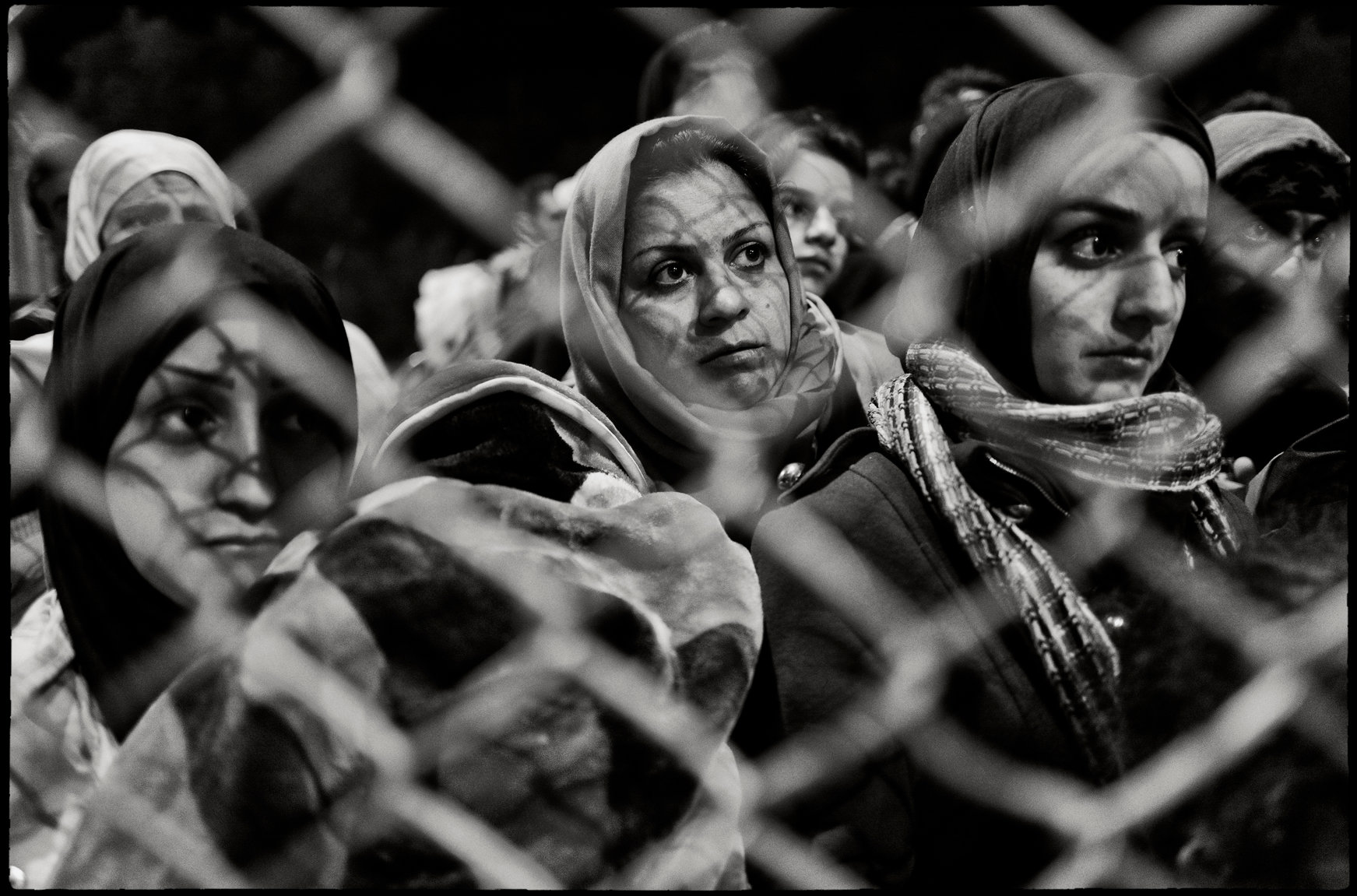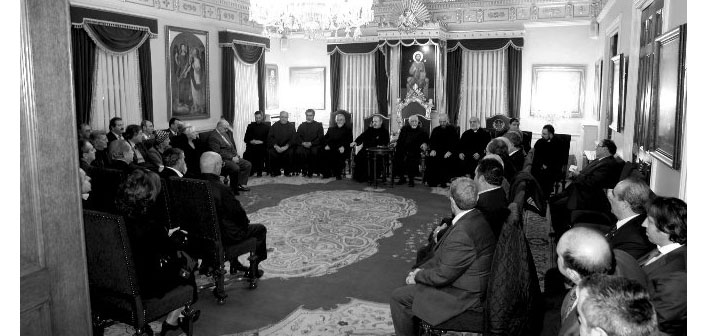As the economic and political center of gravity is shifting from the West to the East, to Asia-Pacific, there is an increasing activity and new configurations in Central Asia, the Turkic republics, at the heart of Eurasia. Perusing the situation in the region in the light of recent developments, we come up with the following general picture: having concluded its thirteenth summit in the capital of Kyrgyzstan, Bishkek, and the Shanghai Cooperation Organization (SCO) has set a new milestone on the way to becoming the new regulator in the region. Established as a security organization in 1996 with the name “ the Shanghai five” by China, Kazakhstan, Kyrgyzstan, Russia and Tajikistan , it has attained its current status, adding politics and economics to the initial mutual security concerns , under the name of “the Shanghai Cooperation Organization”(SCO)in 2001, when Uzbekistan also joined. The six members have attended the Bishkek summit with their heads of state, so have also Afghanistan, Iran and Mongolia as observers, the other remaining two states with observer status, India with minister of foreign affairs and Pakistan with a high level delegation. India, Iran and Pakistan have also applied for membership. A trilateral meeting of the presidents of China and Russia with Iran held during the summit was indicative of the extension of the influence of the organization to the borders of Turkey, who is a “dialogue partner” of SCO together with Belarus and Sri Lanka. At the moment, it is to be observed that two countries, China and Russia are in the lead in tandem, focusing on getting the most out of regional cooperation, reconciling their varying interests and potentials as complementary rather than adversary,, which in the long term appears to be not very easy to sustain. As China, with its economic and financial power, becomes a center of attraction for the countries of the region as a market for their rich natural resources and for assistance to economic development, Russia strives to balance the Chinese influence as leader of the most formidable defence organization in the region, the Collective Security Treaty Organization (CSTO) and to further upgrade its economic strength with the Eurasian Economic Union it has been trying to establish. With this union to include central Asian republics as well as Belarus, Moldavia and Ukraine, Russia targets to establish a Eurasian bridge, providing her an indispensable place in the global developments. The Customs Union initiated as the first step in the formation of the union already includes Armenia, Belarus and Kazakhstan together with Russia. Kyrgyzstan is expected to follow suit. Membership of Moldavia and Ukraine is about to turn into a contest of power and prestige between Russia and the European Union. On his way to attend the Bishkek summit, the president of China took a ten days tour of Central Asia, paying official visits to Turkmenistan, Uzbekistan, Kazakhstan and Kyrgyzstan. These visits helped China to set up the foundations of strategic cooperation with those countries and have provided substantial economic inroads, with energy issues in the lead. What was dubbed as the “silk road itinerary” of the Chinese president acquired an official mantel with a statement pronounced in the capital of Kazakhstan, Astana, where the president of China has proposed a new silk road for a trans-Eurasian mega free trade zone project. The proposed new Silk Road covers highways and railroads as well as oil and gas pipelines. The striking aspect of China’s success is in inducing Turkmenistan, Uzbekistan and Kyrgyzstan who are known to have differences among themselves, to agree on cooperation in joint projects and while becoming the major market and partner for Uzbekistan, also entering the energy market of Kazakhstan as a major player. Turkey naturally follows the developments in the region with attention and interest as a country at the juncture point of Eurasia, straddling East and West, with very special bonds and relations with central Asian Turkic republics. However, Turkey’s relations with these countries are confined mostly to a bilateral framework, whereas the other tract, regional cooperation based multilateral structure has not attained the desired level. This, in spite of the fact that the first and comprehensive organization of the region for economic cooperation and development was initiated by Turkey together with Iran and Pakistan in 1985, which in 1992 was joined by all the central Asian countries and Afghanistan to form the current ten-member Economic Cooperation Organization (ECO), which introduced a new horizon to the region. This significant opening and the vast potential waiting to be mobilized faced various hurdles, among which were the international isolation of Iran, war in Afghanistan, internal difficulties in Pakistan as well as bilateral differences and jealousies. ECO is in need of overcoming the inertia, taking sincere and effective steps to realize its adopted goals, to the benefit of all its members. With ECO on its feet, it is to be expected that member countries will be in a better and stronger position to further develop collective and organizational economic relations with the SCO. As the situation is normalizing in Afghanistan, Pakistan fast stabilizing, special responsibility bears on Iran, the country which hosts the secretariat of ECO, in line with its foreign policy motto of ‘neither East nor West’, equidistance to all. Turkey can also have substantial contribution in this respect. There are other options. The Black Sea Economic Cooperation Organization (BSEC), of which Turkey is a founding member, to open up to the east, to the Caspian, could be a development of interest to BSEC members. Another option could be to give priority and weight to the development of economic cooperation clause of the “Turkish Speaking Countries Cooperation Council” (Turk Council) established by Azerbaijan, Kazakhstan, Kyrgyzstan and Turkey with the Nakhchivan Agreement in 2009. It is a fact that progress within ECO would provide the impetus for the economic cooperation in the region. Should that not be possible to materialize, focusing on the Turk Council would be the inevitable necessity.
© 2009-2025 Center for Eurasian Studies (AVİM) All Rights Reserved
 PASHINYAN INTRODUCES A NEW APPROACH TO THE PRESENTATION OF THE GENOCIDE ALLEGATION
PASHINYAN INTRODUCES A NEW APPROACH TO THE PRESENTATION OF THE GENOCIDE ALLEGATION
 EUROPE’S LIMITS AND ITS LIMITLESS SILENCE
EUROPE’S LIMITS AND ITS LIMITLESS SILENCE
 THE DISPUTE OVER THE ELECTION OF THE ARMENIAN PATRIARCH OF ISTANBUL HAS YET AGAIN INTENSIFIED
THE DISPUTE OVER THE ELECTION OF THE ARMENIAN PATRIARCH OF ISTANBUL HAS YET AGAIN INTENSIFIED




























